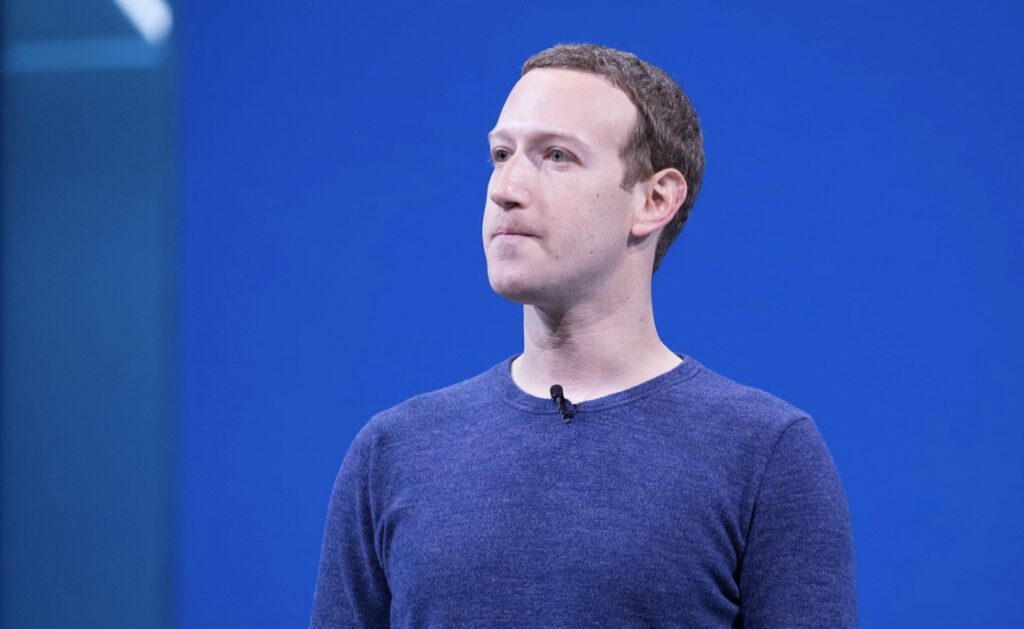
Platform or publisher? Private or public?
On May 15, the White House tweeted,
No matter your views, if you suspect political bias has caused you to be censored or silenced online, we want to hear about it!
The tweet linked to a 16-part form to report suspected political censorship by social media “for unclear ‘violations’ of user policies,” especially by Facebook, Instagram, Twitter, and YouTube.
Alleged Bias and Targeted Banning
Accusations that Facebook is biased against critics of left-wing ideology may lead the federal government to regulate or break up the social media giant. (In fairness, Facebook has also blocked some users on the left.) A spotlight is being shone on Facebook’s alleged bias. The prominent black conservative Candace Owens, for example, was recently suspended from her account for claiming liberal policies incentivize fatherless homes. After media backlash, Facebook reversed her suspension, calling it “a mistake.” The evidence suggests it was a targeted action, however.
Confusion of banned users is usually over material without obscenity, libel, calls for violence, hate speech, or seemingly objectionable content.
Owens was lucky. Many of those blocked, suspended, or banned seem baffled about ‘why’ or ‘how’ to rectify it. The Center for Prosecutor Integrity is typical. CPI defends due process and argues against a “believe the victim” approach. A recent petition to protest an accused student’s treatment by a campus sexual misconduct hearing was blocked by Facebook without explanation. CPI has not appealed because past attempts to do so have failed.
The confusion of users is usually over banned material that had no obscenity, libel, calls for violence, hate speech, or seemingly objectionable content. (Facebook’s community standards are here.)
Government Involvement
Whether or not Facebook is actually biased, it may soon confront regulation or breakup, especially as prominent Democrats like Elizabeth Warren and Bernie Sanders join the call for its dismemberment. At that point, two questions will loom large. Is Facebook a platform or publisher? Is it a public or private company?
For years, Facebook described itself as a platform—an array of services, tools, and products through which third parties create their own content. A platform is not legally responsible for content any more than a phone company is responsible for conversations. The immunity comes from Section 230 of the Communications Decency Act: “No provider or user of an interactive computer service shall be treated as the publisher or speaker of any information provided by another information content provider.” By contrast, a publisher edits or controls content and can be held legally liable for it.
Facebook officially became a publisher in early 2018. The Guardian explained:
In a small courtroom in California…attorneys for the social media company…repeatedly argued, [Facebook] is a publisher, and…makes editorial decisions, which are protected by the first amendment.
Facebook was likened to a newspaper.
Is Facebook a Speaker or Public Forum?
In April, at a Senate hearing about Facebook, CEO Mark Zuckerberg stated that his company is “responsible for the content.” There, Senator Ted Cruz spelled out the legal implications by asking Zuckerberg,
Are you a First Amendment speaker expressing your views, or are you a neutral public forum allowing everyone to speak?…The predicate for Section 230 immunity under the CDA is that you’re a neutral public forum.
A First Amendment defense now seems most likely. If so, Facebook must answer the second question: private or public?
There are two ways to approach this question. One is purely legal. The other addresses its function.
Private companies exert great control over defining their policies; public ones are subject to more government oversight
Legally, a private company is owned by an individual or a small group, and shares are not traded on a stock market; by contrast, a public company trades shares on an exchange and is partially owned by these shareholders. Private companies exert great control over defining their policies; public ones are subject to more government oversight. Facebook’s initial public offering occurred in 2012, which seems to settle the legal issue.
Continue reading here.
[Editor’s Note: This article was written by Wendy McElroy and originally published at FEE.]











